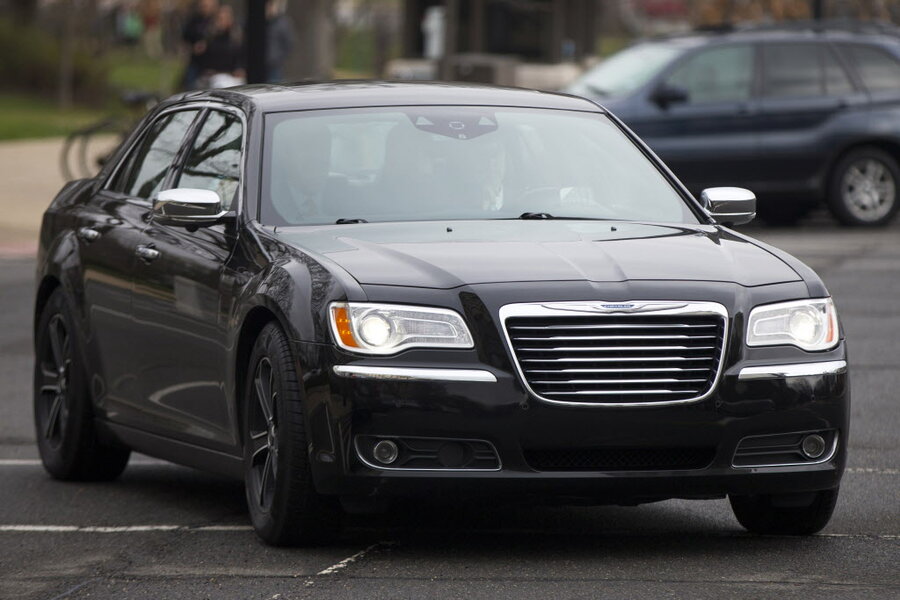Study shows we may be closer to sharing self-driving cars than we think
Loading...
General Motors and Uber are clamoring for fleets of autonomous cars to serve folks who don't own cars themselves. A new study from ABI Research suggests that they may be on to something that could give them a leg-up in the looming transportation shift.
ABI analyzed a range of data from automakers, the technology sector, and consumers, compiling them in two reports on Automotive Safety and Autonomous Driving and Smart Transportation. Those reports suggest that self-driving cars will disrupt the car world sooner than many people think. By 2030, ABI believes that 400 million people will rely on autonomous cars, many of which will be owned by large corporations rather than individuals.
How will we reach that point? ABI's Dominique Bonte says the transition will occur "in three phases: street rental service, ride sharing service, and robotic service. The automotive industry is in the process of merging phases one and two, with robotic service to become the ultimate form of transportation for its availability, convenience, and affordability."
Three phases of auto industry disruption
Phase one, by Bonte's definition, is exemplified by Zipcar. Such companies often take the form of a club, charging annual membership dues. Members can then rent vehicles from a company fleet, housed at specific locations.
Uber and Lyft are the poster children for phase two. Ride-sharing is a lot like carpooling or cabbing: it depends on an individual car owner accepting passengers in exchange for payment.
Car-sharing is slightly different, in that it depends on car owners allowing others to borrow their vehicles for special trips, without the owner being present. By that definition, GM's new "Maven" service is a perfect example of car-sharing.
And what, exactly, is ABI's phase three, robotic service? Is it ride-sharing, or is it car-sharing?
Essentially, it's both. Bonte says that the already-slippery distinction between car-sharing and ride-sharing will soon disappear because it depends on human drivers. In the future, as cars become autonomous and human drivers become less relevant, precisely who owns a car will be less important than the fact that it is shared.
It's not too hard to imagine a world where we depend on autonomous taxis that not only pick us up on street corners, but also come to our house at certain times to take us to work or parties. Whether those vehicles are owned and insured by a company like GM or our own families won't make much difference.
For those who take pride in ownership, such a scenario is hard to envision, and in fairness to skeptics, it's a little hard to believe that 400 million people could come to rely so heavily on autonomous cars in just 15 years.
Still, it's hard to deny the savings that autonomous cars could provide. As Bonte explains, "Car sharing is successful because the increased efficiency through higher vehicle utilization rates drives down costs, which results in more affordable transportation." And as we've seen in other fields, efficiency and cost-savings often determine the rate at which technology is adopted: the cheaper the tech, the faster it can go mainstream, and vice versa.
This article first appeared at The Car Connection.







